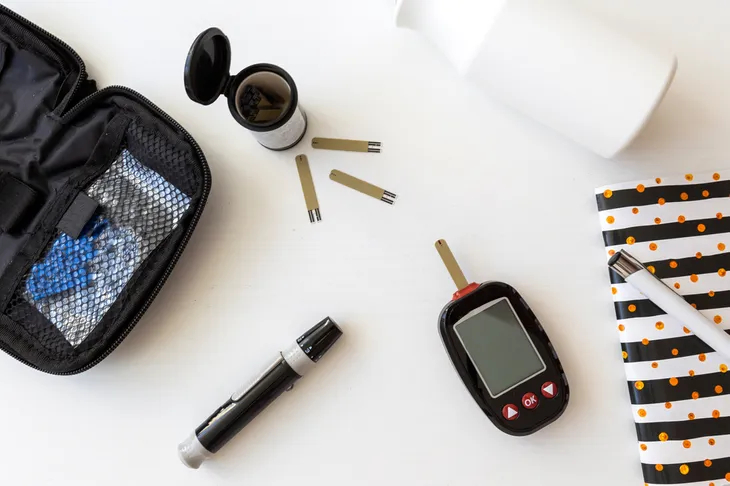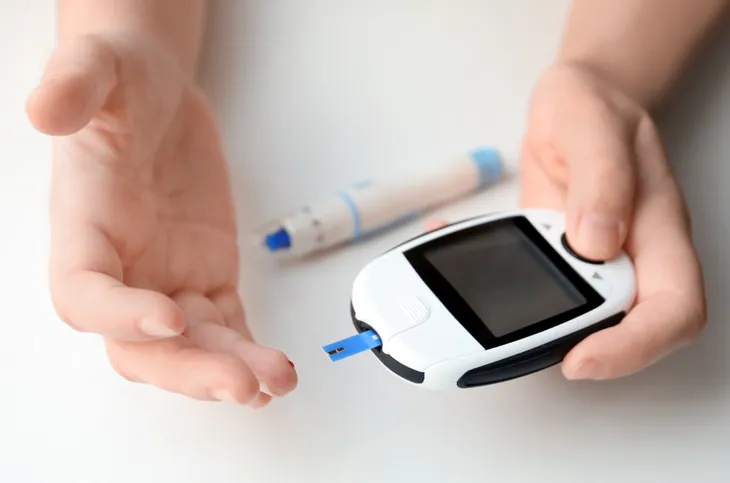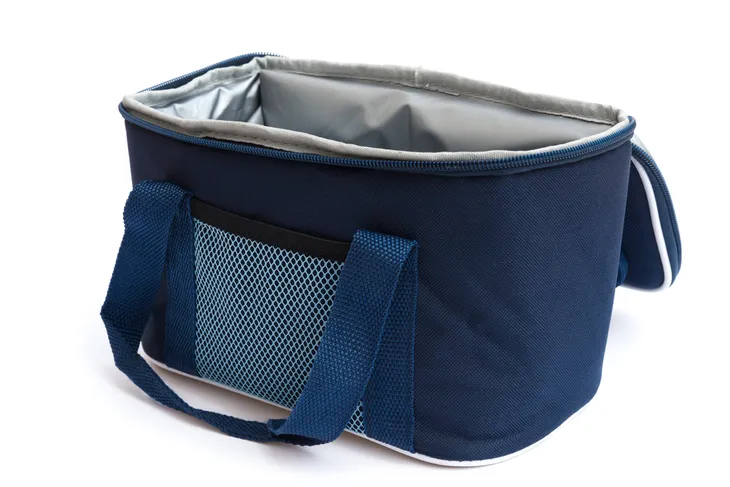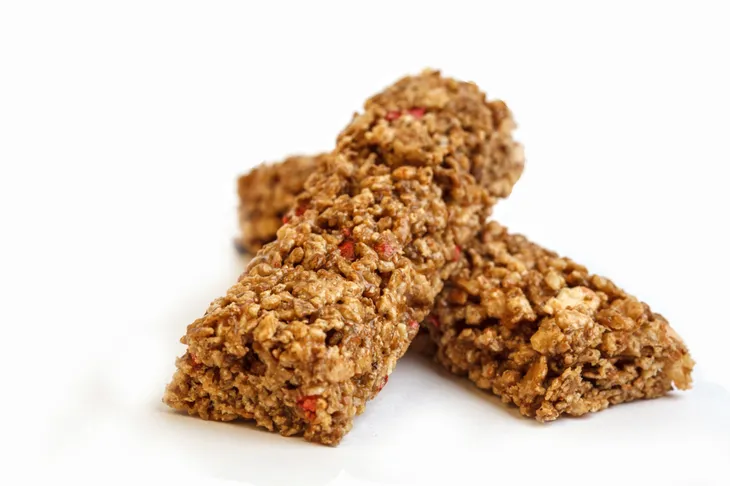Type 1 diabetes (T1D) can be a very temperamental chronic illness to live with. Not only can it change on a daily basis due to lifestyle choices and bodily functions, it can also be greatly affected by the external world. Seasons, altitude and high stress environments are just some of the everyday encounters that can affect type 1 diabetes. Luckily, there are precautions we can take to learn how to live better with type 1 diabetes.
Warm seasonal changes or travelling to a hot climate can have disastrous effects on type 1 diabetes. Higher external temperature not only affects the body of a type 1 diabetic, but their supplies as well. Taking the proper steps to prevent any potential heat-related disasters is necessary to enjoying the warmth.
Read on to learn more about the specific ways in which heat affects type 1 diabetes as well as the easy precautions we can take to keep our bodies and minds happy so we can relax when the temperatures rise.
Want diabetes content delivered straight to your inbox? Sign up for our Diabetes newsletter and receive exclusive news and articles written from our team of diabetes experts.
Heat and the Body
Every person living with type 1 diabetes is different, and everyone’s diabetes is different too. Therefore the effects of external factors on two people living with type 1 diabetes can be greatly varied. For some, the heat may cause blood glucose levels to go low, and any exercise done in a hot environment can cause major low glucose events. On the contrary, for some, the heat causes glucose levels to rise, and can cause dangerously high glucose which can lead to ketoacidosis.
Dehydration is also a lot more common in the heat and when a body is experiencing dehydration, it typically does not absorb the hormone that regulates glucose in the blood as well. For a person living with type 1 diabetes this can lead to prolonged high blood sugar and possibly ketoacidosis.
Heat and Supplies
Medication containing the hormone that regulates glucose in the blood and glucagon will become less effective when exposed to heat. It’s important to keep them both in the shade and cool whenever possible. If it is exposed to high temperatures for too long, it will become less effective and blood glucose levels will rise. If glucagon loses its effectiveness, and is needed in an emergency, it can be life threatening.
Pumps, blood glucose meters as well as continuous glucose monitors and flash glucose monitors can overheat and stop working. They are, at the end of the day, technology and when technology overheats, there’s always a possibility it will shut down.
Tips for Beating the Heat
Closely Track Blood Glucose Levels
If you have type 1 diabetes, it’s very necessary that at one point in your life, when experiencing hot weather, you monitor glucose levels closely for at least a week to get a sense of how your body reacts to it. This will allow you to be prepared for future experiences with high temperatures and save you a lifetime of inexplicable high or low blood glucose levels.
Once you are aware of your patterns and how your body reacts, talk to your doctor about the necessary adjustments you may need to keep glucose levels normal.
Stay Hydrated
As mentioned above, it is very important to stay hydrated as a type 1 diabetic as dehydration can lead to elevated blood glucose levels. Carry a water bottle around with you everywhere. If the size of the bottle is annoying, consider ordering a bag bottle that folds down to a small size once the water has been consumed.
Put a reminder on your phone to make sure you get enough water throughout the day. The importance of hydration is not to be underestimated for those living with type 1 diabetes. (Here are some more Diet Tips for Type 1 Diabetes).
Carry a Cooler Pack
No matter what form medication is going into your body, make sure you are prepared with some sort of cooler pack to keep it at a normal temperature if you are going to be in the heat for a long period of time. There are a lot of brands that make sleek packs for your medication. For example, I use a pump so if it’s really hot out, I stick my pump in a FRIO pump case and then in my pocket and I know I am good to go. Frio also makes packs for medicated pens.
A simple google search or talk to your pharmacist on ways to keep your medication cool during the heat can make a huge difference. Make sure to find the method that works for you and you will want to use. Never freeze your medication — if frozen it will spoil.
Carry Extra Low Glucose Snacks and Juice
If you are someone who goes low more often during the heat, or even if you go high and are constantly administering corrective doses, it’s a good idea to be a little extra prepared with food supplies. Bring foods that won’t go back in hot weather, opt for granola bars over bananas and if you are concerned with the amount of space a juice box takes up, try the glucose gel packs!
Managing type 1 diabetes in high temperature can be challenging. Fortunately, with time and experience, it becomes a lot easier and more predictable. Eventually, heat can lose any negative association it bears in its relation to type 1 diabetes. Putting in the effort to manage type 1 diabetes will result in less stress and more enjoyment of the sun!









